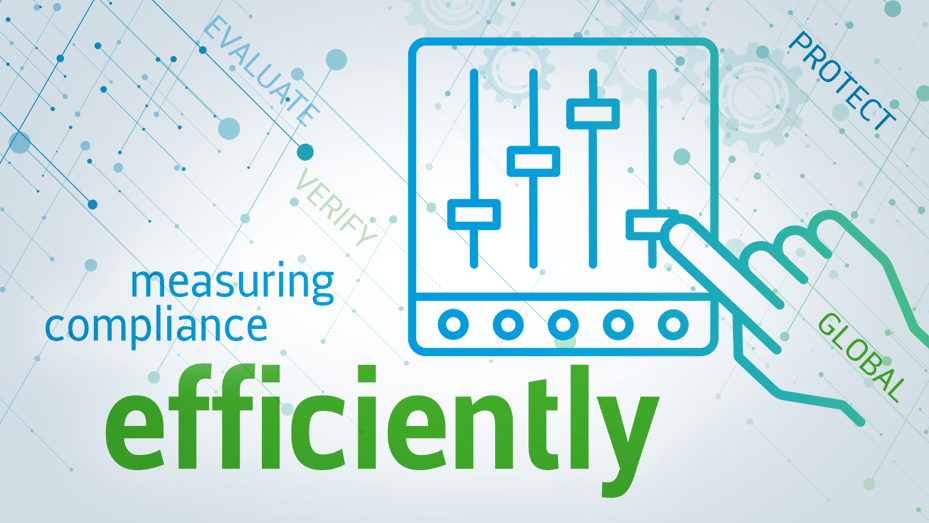
Responsibilities for Regulatory Affairs: Efficiently managing compliance
|
Product Lifecycle Management
|
Food & Beverage
Posted By:
Trace One
Regulatory Affairs masters product compliance of regulations in a given country or a target market in which a good is exported. The role spans a wide spectrum, from verifying recipe compliance to marketing claims. Product compliance to regulations is an important safety net for protecting consumers and organizations.
Regulatory Affairs should be involved early and often. Understanding daily and new product responsibilities makes it easier to ensure compliance and promote best practices on projects.
Monitoring daily responsibilities
Certain tasks, like reviewing and approving recipes, may occur often, even daily. This involves looking at ingredients or products in a specific market. Once you’ve evaluated the recipe, you’re able to consider and determine compliance requirements for that region. Certain ingredients or additives might be appropriate for one market but inappropriate for another. It’s important to stay diligent and informed with ingredients as regional regulations vary and can rapidly change.
Similar to recipes, Regulatory Affairs are often reviewing and approving product labels on a daily basis. After receiving a product label, Regulatory Affairs should be checking for regulatory and industry standards, approving or suggesting label items to stay compliant. Mistakes in labelling are costly, as the consequences for failing to declare or misrepresenting allergens, ingredients, nutritional facts, and other regulatory requirements may have serious consequences, ranging from safety concerns to legal and reputational fallout for the brand.
Equally important to recipes and labels, each piece of marketing content needs to be verified and all claims made within need to be validated. Any information that goes to a consumer, whether it be images, written, or spoken, should pass through Regulatory Affairs.
Engaging with new products
Regulatory Affairs should work closely with a variety of departments, including R&D, legal, and marketing. When developing a new product, early and frequent involvement with these partners helps to strategically avoid compliance obstacles.
Similar to daily responsibilities, Regulatory Affairs should review and assess innovative recipes and new ingredients, learning how they’re being used in a new product. While R&D is screening for the best ingredients to achieve a desired outcome, Regulatory Affairs is still responsible for appropriate use in a market. It is possible that an ingredient is inappropriate for a market due to a variety of causes, including low awareness and previous exposure to a product. Understanding the regulatory guidance for a target market allows Regulatory Affairs to identify compliance challenges, develop compliance strategies, and suggest product changes to R&D.
All communications around the new product should be carefully reviewed with marketing and legal. For example, claiming a product is natural enters a problematic scenario. “Natural” could refer to a variety claims, such as appearance or ingredients. The nuance of such wording makes it important for Regulatory Affairs to carefully assess the technical aspects of safely promoting the product while Legal Affairs evaluates it from an advertisement practice and consumer protection perspective.
How to manage compliance responsibilities efficiently
Keeping consumers and companies safe requires continuous investment throughout any project. Compliance early and often is a Regulatory Affairs best practice. Being involved from the start saves money, time, and effort. To achieve this, Regulatory Affairs should leverage technology to stay informed and get answers quickly.
Trace One's Trace One Regulatory Compliance allows Regulatory Affairs to monitor and manage compliance tasks. Within the Trace One Regulatory Compliance,; REGDATA® can perform go/no go assessments on product recipes and individual ingredients based on a robust collection of current regional market data. Regulatory Affairs will also benefit from access to regulatory documents and specific need email alerts, notifying users early to any regulatory changes that affect product formulation.
Trace One Devex PLM features a variety of modules that allow Regulatory Affairs to perform compliance from a centralized point.
The Labelling module in Trace One Devex PLM allows companies to streamline and standardize the process. All recipes and ingredient lists within a system can be coded, allowing labels to be reworked across different markets in real time. When paired with the Product Formulation module it becomes easy for Regulatory Affairs to quickly check for limits and qualifications.
Trace One Devex PLM also features a Regulatory Compliance module, which creates checkpoints at every stage of product development to ensure compliance. The Regulatory module automates verification by comparing region-specific and global data to ingredient and product data.
It’s possible to stay efficient and compliant with regulations
Regulatory Affairs can be a helpful business partner who assists companies with major product and marketing decisions. To do so efficiently, Regulatory Affairs should have a clear understanding of their responsibilities, regulatory and industry standards, relationships, and the tools available to improve their process.